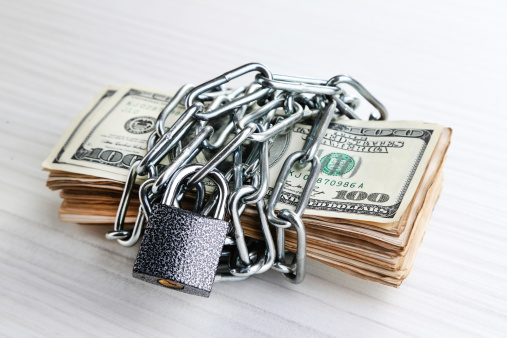
June
Tacking IRS Penalties and Interest
Know How They Can Impact Your Back Tax Debt
Can you imagine paying off your IRS back tax debt and then have to keep making payments for months afterward?
That can be your future if your back tax debt isn’t managed quickly and efficiently to avoid accruing interest and penalties.
Having back tax debt always comes with penalties and interest. If you don’t manage it by making an effort to make payments to the IRS, they’ll add up and compound your back tax debt load.
There are two types of IRS penalties for those with back tax debt.
First, there’s the failure to file penalty. This penalty runs at five percent of the tax balance for every month it’s unpaid. It runs up to five months, as this penalty accrues until it adds up to 25 percent of the owed tax. But, if you stay delinquent with your back tax debt for more than 60 days, then your minimum penalty for late filing is either $135 or 100 percent of the tax bill, whichever is smaller.
Second, there’s the failure to pay penalty. This penalty kicks in if you file a return, but don’t timely pay the tax bill. It runs at 0.5 percent each month, but caps at 25 percent of the total tax bill.
The failure to pay penalty increases to one percent every month ten days after the IRS issues a notice of intent to levy property.
As stated earlier, these penalties can add up and make your total IRS debt big enough to keep you in the hole for a long time.
Payments are applied by the IRS in the following order: first to the tax debt balance, then to penalties, and then interest.
So if your back tax debt ran up the tens or scores of thousands, your penalties and interest may keep you making IRS payments for several months after you actually pay off the tax debt balance.
And this doesn’t even include the IRS interest. It’s compounded daily and stays with the tax debt for its entire life. It has a simple calculation: the federal short-term rate plus three percent.
The good news in all this is that there is a way to get your accumulated penalties abated. Just file IRS Form 843 Claim for Refund and Request for Abatement. You’ll have to make a good case, and the IRS will hopefully rule in your favor.
IRS penalties and interest are just another reason to avoid getting in back tax debt. It may seem like there are no consequences to avoiding your back tax debt, but once your wallet gets thinned out, you’ll soon regret it.
If you’re stuck with back tax debt and are facing sky high penalties and interest, check out our website to see how we can help.
Related Articles
3 Ways to Keep Business and Personal Finances Separate
Your business life and your personal life are bound to run together; you hit the gym on your lunch break, grab a meal with your client, and buy your boss a friendly holiday gift. However, it’s important to separate the..
Read MoreOffshore Banking: The First Steps to Coming Clean
You might have an offshore account to make business easier abroad, qualify as an expatriate, need it for better business, or possess one for other legitimate reasons. However, there are still rules to follow to comply with IRS regulations and..
Read More



